Defiant mourners gathered in Moscow for the funeral of Russian opposition leader Alexei Navalny on Friday, despite concerns they could face a heavy-handed response or arrest by Russian police.
Navalny, 47, died two weeks ago in an Arctic penal colony. He had been jailed on politically motivated charges.
A ceremony was scheduled to take place in an Orthodox church in southeastern Moscow before Navalny is interred in a local cemetery. Ahead of the memorial service, video streamed online on Navalny’s YouTube channel showed sizable crowds standing in orderly lines and behind barricades set up by police.
Some in the crowd clapped and chanted “Navalny! Navalny!” as the hearse carrying his body arrived at the Church of the Icon of Our Lady Quench My Sorrow. Others chanted, “You were not afraid, and we are not afraid.”
There were no reports of arrests so far.
Still, Yulia Navalnaya, Navalny’s widow and heir to his activism, said earlier in the week she was worried that Russian President Vladimir Putin would order the arrests of anyone who tried to attend her husband’s funeral.
Navalny, a thorn in Putin’s side, died:What does it mean for Russia?
“I’m not sure yet whether it will be peaceful or whether police will arrest those who have come to say goodbye to my husband,” Navalnaya said during a speech to European lawmakers in Strasbourg on Wednesday.
“You cannot hurt Putin with another resolution or another set of sanctions that is no different from the previous ones, you cannot defeat him by thinking he’s a man of principles who has morals or rules. He is not like that and Alexei realized that a long time ago. You are not dealing with a politician but with a bloody mobster,” she said.
Dmitry Peskov, Putin’s spokesman, urged those gathering in Moscow and elsewhere not to break the law, saying any “unauthorized (mass) gatherings” are violations, according to comments he made to Russian state media.
Putin has passed stringent laws that have marginalized any effective opposition to his rule. Many Russian activists who oppose his government have either fled the country or are themselves imprisoned.
Russian authorities detained 400 people across 39 cities in the days after Navalny’s death as they attempted to lay flowers and pay their respects at small-scale vigils, according to OVD-Info, a Moscow-based independent human rights group and information service that focuses on political persecution in Russia.
The exact cause of Navalny’s death has not been independently established. Russian prison authorities say he died of “sudden death syndrome.” But his family and supporters say he was murdered and question why it took more than a week for his body to be released to them. He also joins a growing list of Putin foes who died in mysterious ways including by poisonings, by falling out of windows, even in a plane crash.
After Alexei Navalny’s death:Spotlight returns to enemies of Putin who have been killed
“He was our hope. He was the same age as my children. I feel like I’m burying my own son,” one mourner outside the Church of the Icon of Our Lady Quench My Sorrow told the BBC, of Navalny.
“He was the only person I could trust. I was dreaming that he would become president. It’s a huge tragedy.”







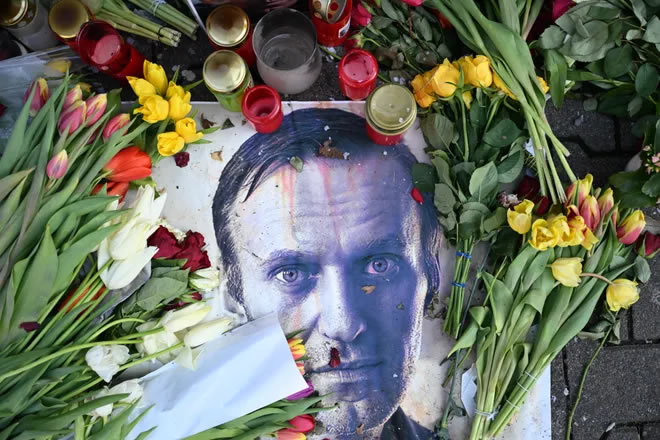
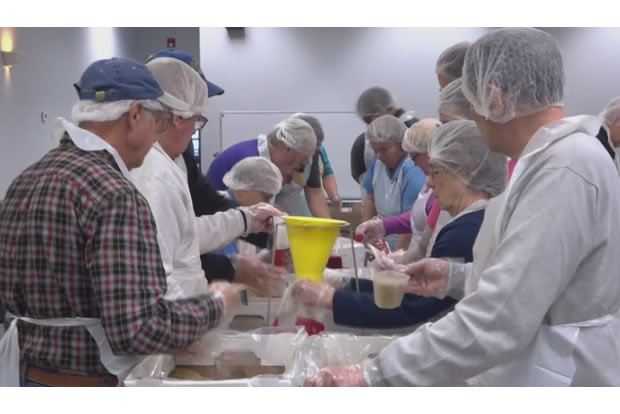
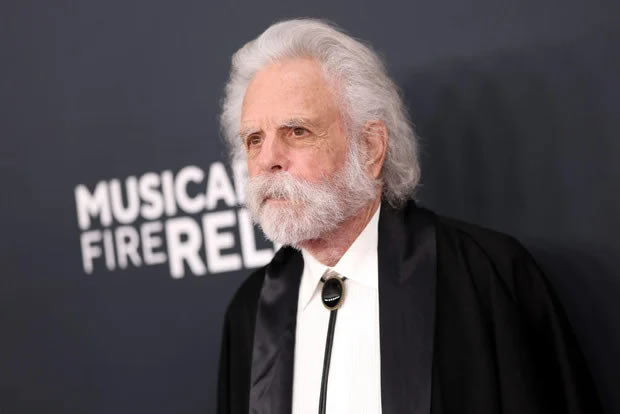
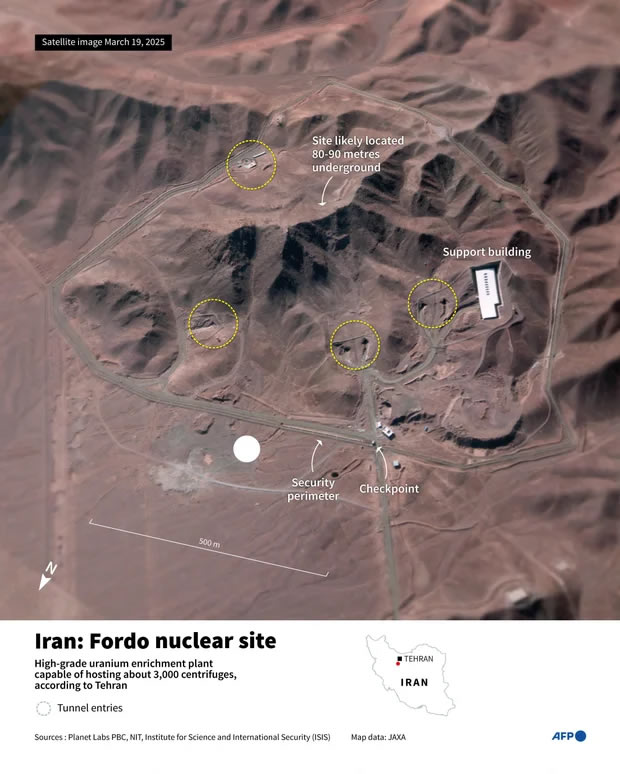

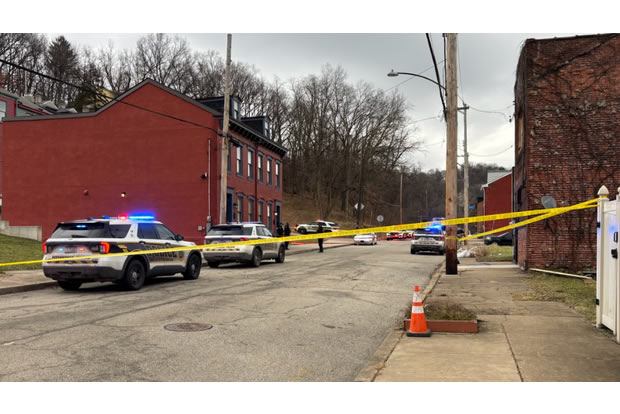
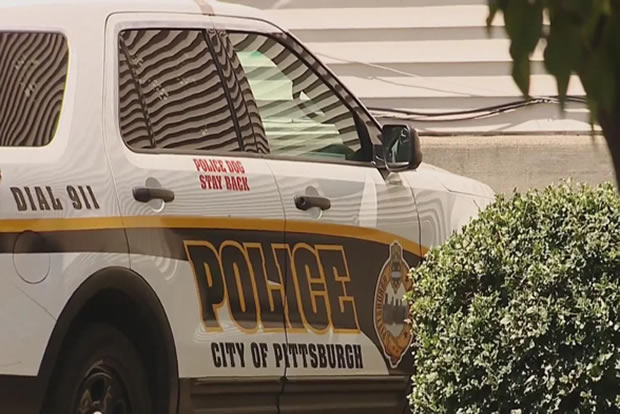
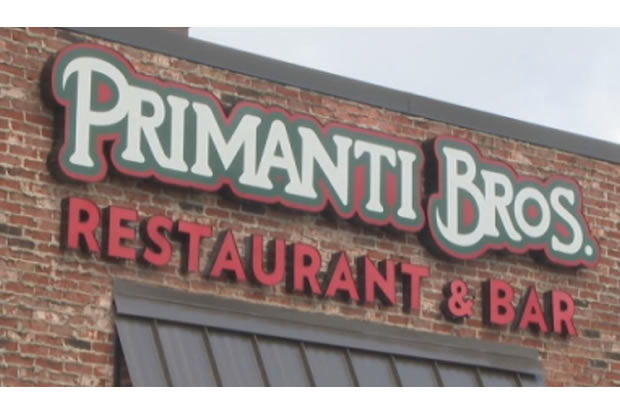
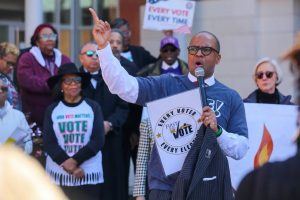
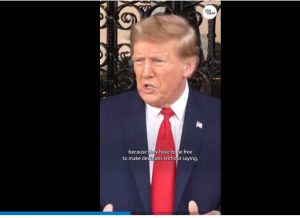
+ There are no comments
Add yours